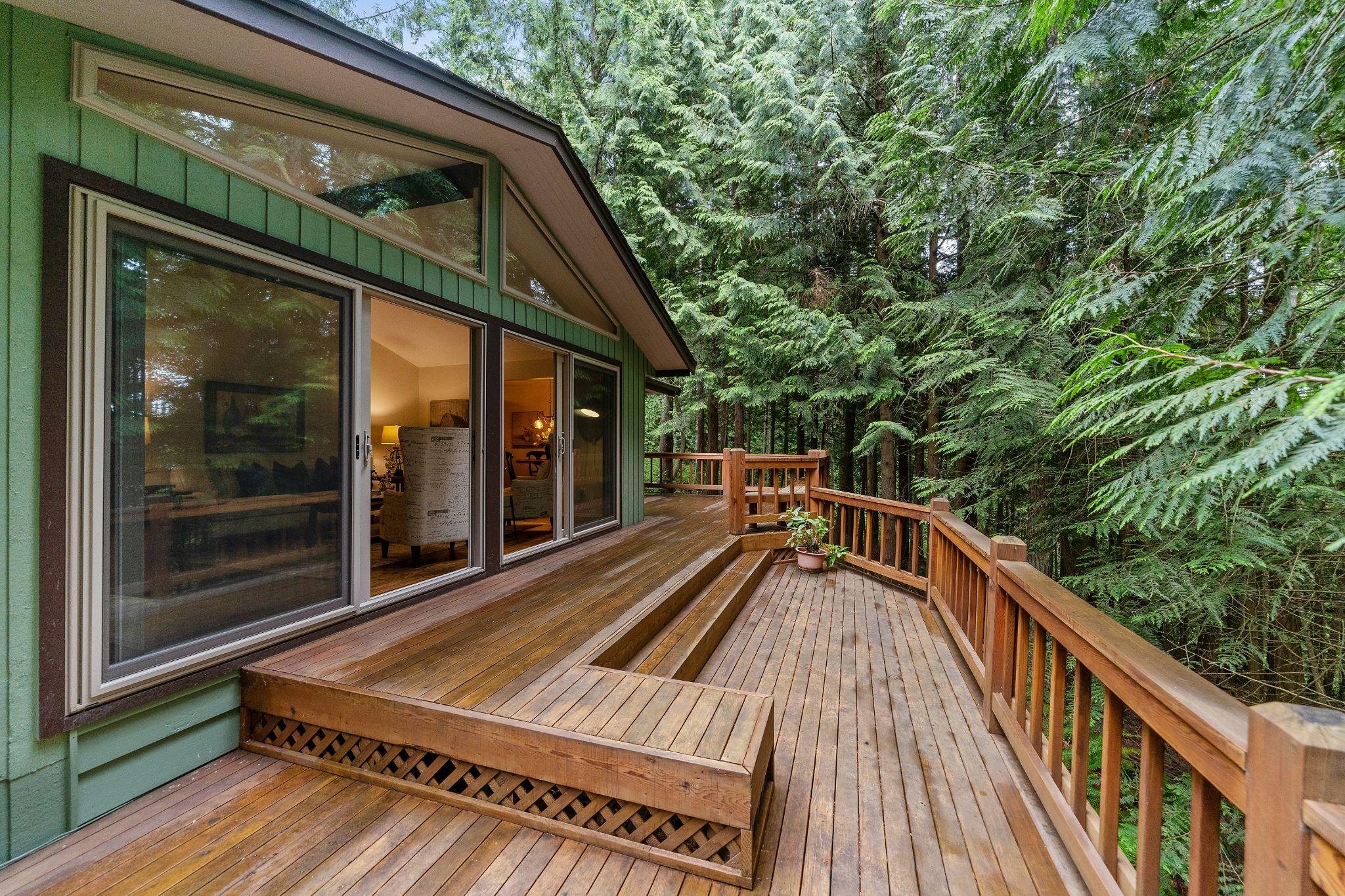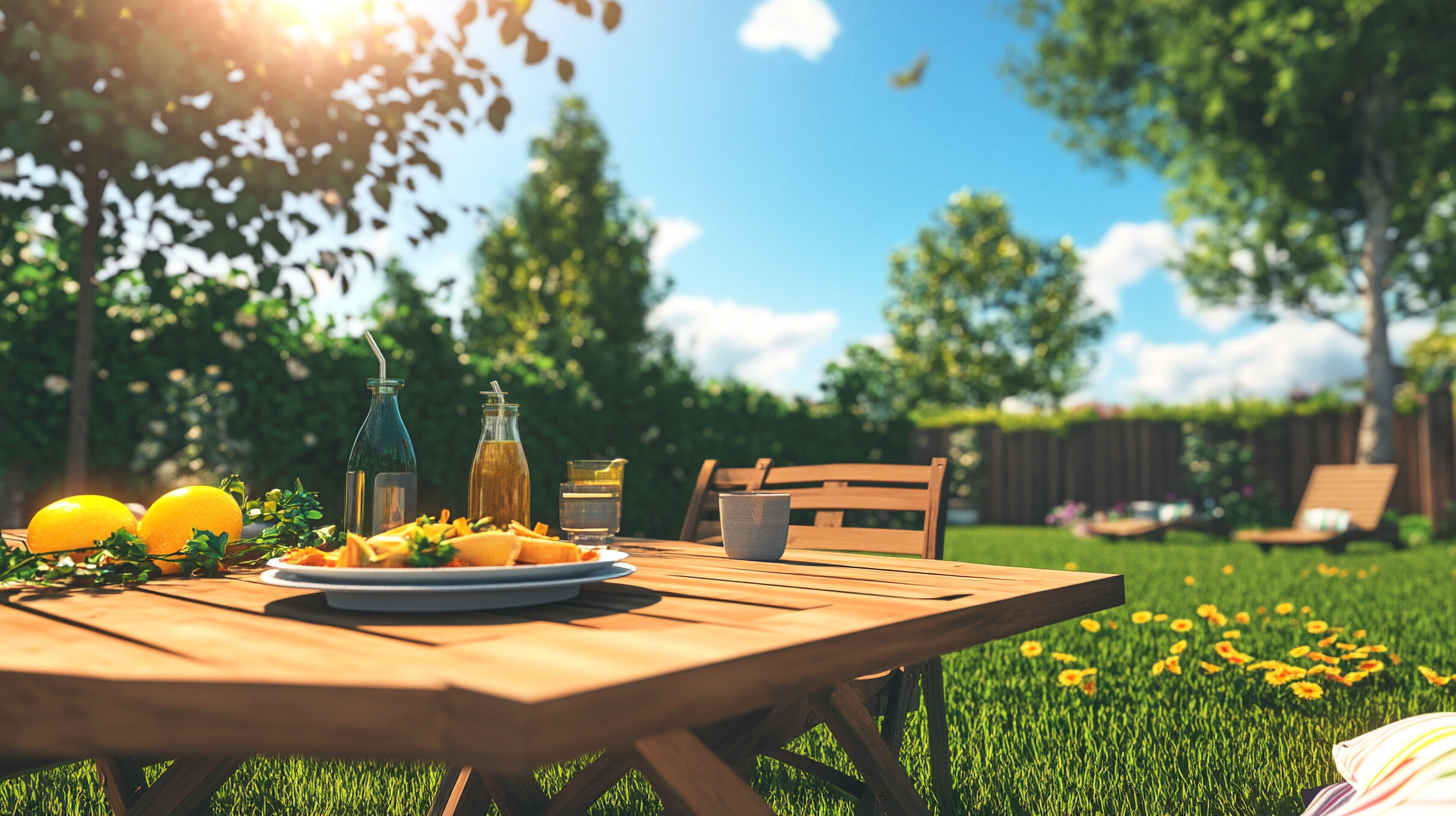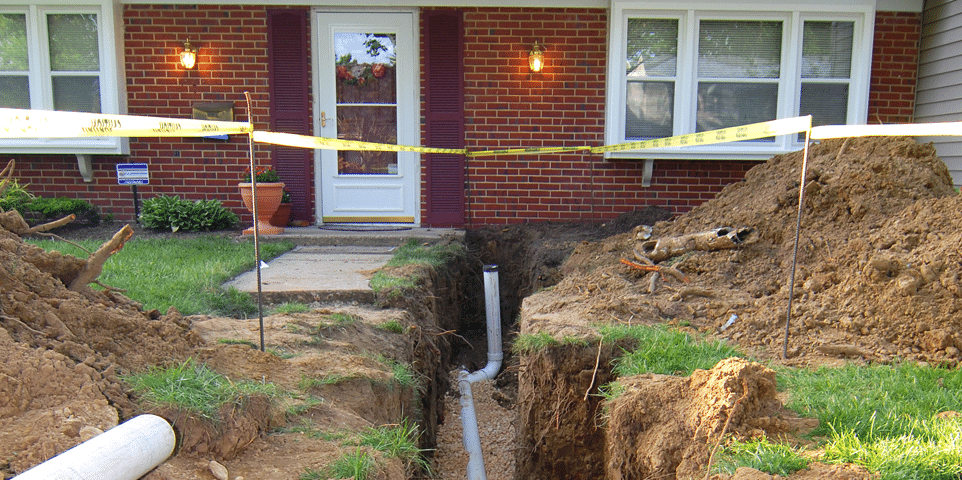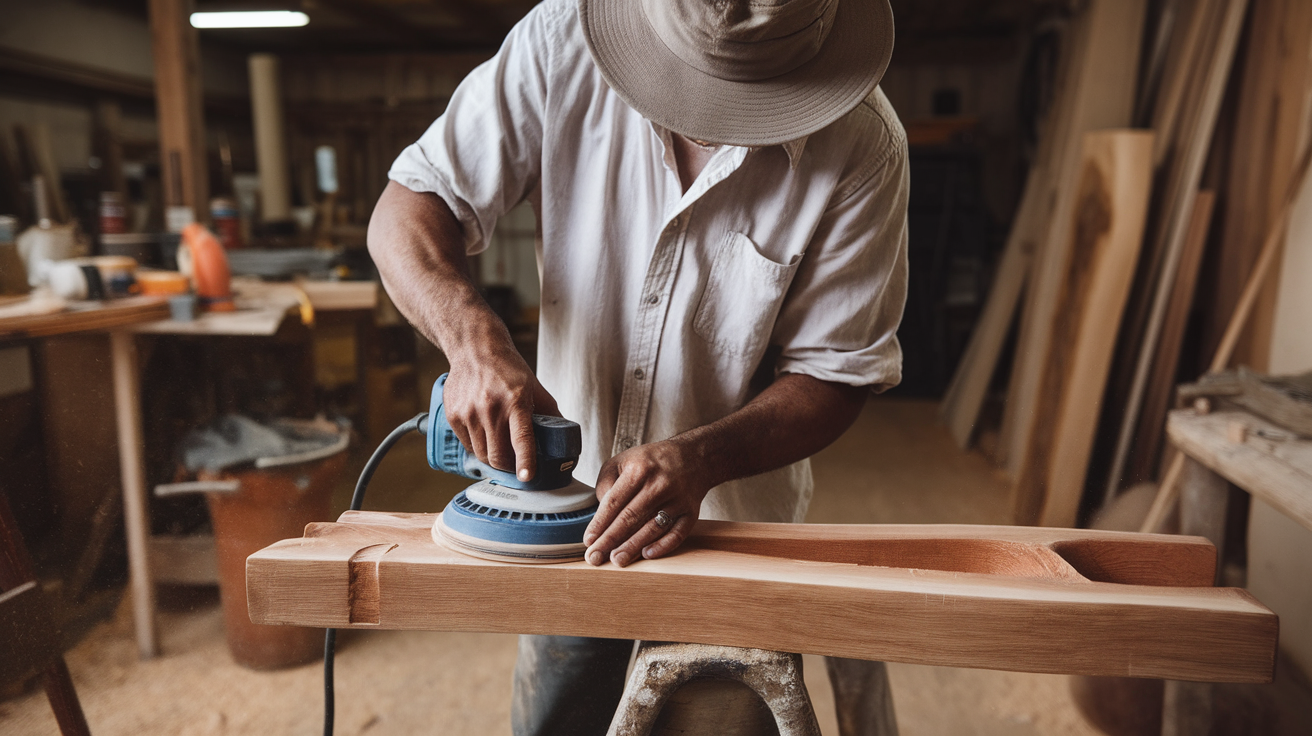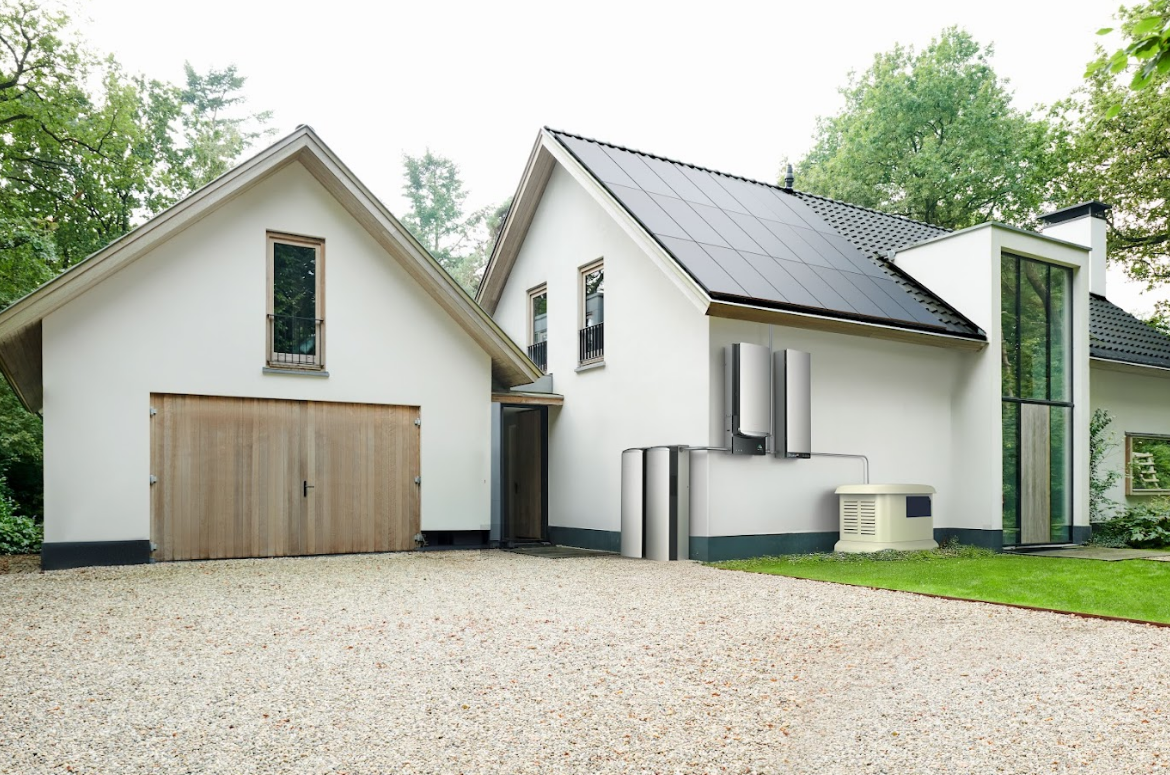Increasing Home Value: Should You Opt for a Deck or Patio?
Enhancing the value of their home is a priority for many homeowners, as it provides a sense of stability and security, better financial standing, increased resale potential, a better return on investment, and more. In this article, we will explore the factors in choosing between a deck and a patio to make more informed decisions about maximizing your home’s value.
Is a Deck a Good Investment?
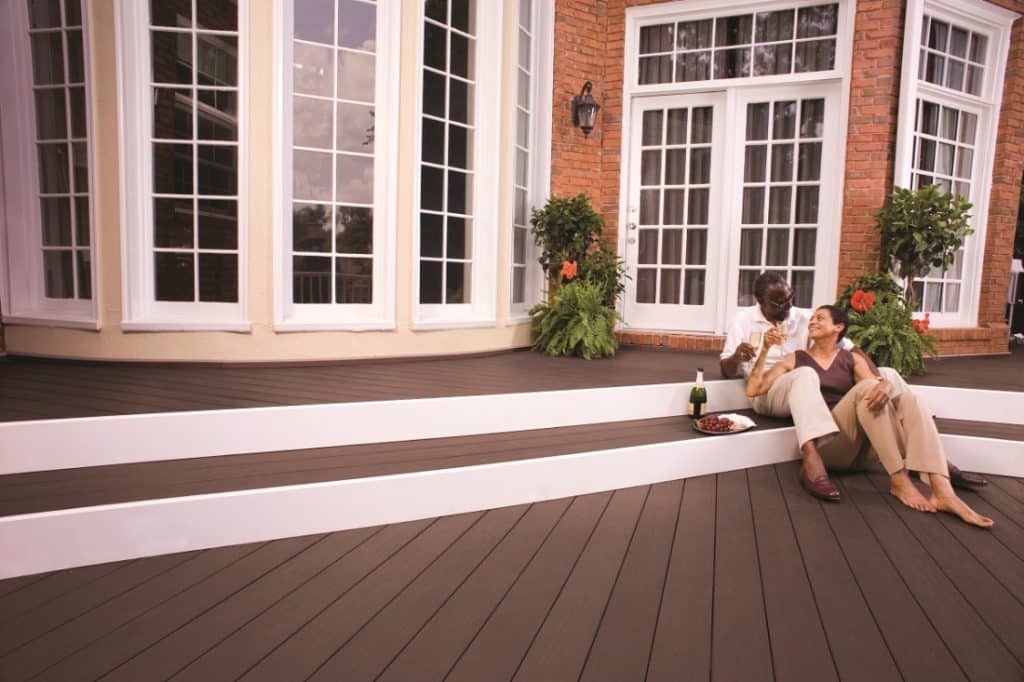
A deck can provide, in added property value, up to 44% on ROI (return on investment) after installation. Resale value is affected by the materials you use. You can easily install decks on uneven or unlevelled land. Wooden necks naturally absorb and retain heat, making them comfortable in the heat.
They offer a better view, are easily customizable, and you can stain or paint them to better complement your house’s appearance and style.
However, depending on the materials used, they may require regular maintenance and have shorter lifespans. Specific towns and cities may need permits before building a deck as it impacts appearance and structure and may come with inspection, waiting periods, and fees.
Maximizing Your Deck’s Value
The return on investment in your deck will vary depending on the materials, location, labor costs, timing, and other factors.
Material and Design
The deck’s material will greatly influence your cost; basic material can cost $4 per square foot, mid-grade material $8 per square foot, and premium material $15 per square foot. Pressure-treated lumber is commonly used due to its resistance to insects and rot. Other materials include cedar, redwood, and Bamboo.
A greener option is composite decking, which is made up of recycled plastics and wood byproducts. Ipe is three times more expensive than cedar and is rot, insect, and weather-resistant. Wood provides the best immediate value, but you must consider the cost of sealing, staining, and sanding over time.
The deck’s decor and design also impact home value. Deck lights, deck footings, landscaping, and polished designs such as picture framing are more valuable than DIY platform decks.
Location and Labour Cost
Your location influences deck material costs, choices, and whether a deck is a valuable addition to your home. Warmer climates have higher ROI than wintry states, as outdoor lifestyles are popular, and homebuyers enjoy lounging by the pool and grilling. In colder places, consider composite decking, as it will last longer than wood, as winter exposure damages wood decks.
Timing
Whether you want to live in your home for the next few years or sell soon influences the deck materials you should use and the value you’ll get. Wood is preferable if you want to sell, while low-maintenance composite decks are preferred otherwise, as they retain value and don’t decompose like lumber.
Is a Patio a Good Investment?
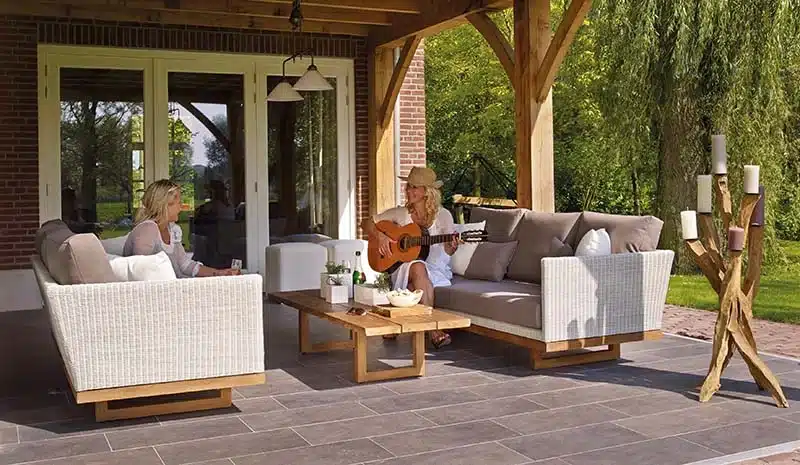
Outdoor patios are typically cheaper than decks and can recoup 67% on investment. Patios are easier to maintain, require minimum cleaning and debris removal, and have a long life span.
Sealing your patio is also optional, and since patios are low-level, they offer more privacy. You also do not require inspections or permits to build a patio as it doesn’t impact the house’s structure, but make sure to check with the necessary authorities just in case.
Patios can’t be built on uneven terrain and are prone to cracks, especially if the soil isn’t properly prepared underneath the concrete. They can also easily get stained with mildew, mud, and grass clippings and have higher slipping risks in colder areas.
Maximizing Your Patio Value
Here’s how you can maximize your patio’s value:
Materials and Landscaping
High-quality materials like brick pavers, stamped concrete, and natural stones are more durable and have longer lifespans. Materials such as poured concrete are vulnerable to erosion and cracking in winter. To create a more inviting and aesthetic outdoor space, surround the patio with landscaping elements such as flower beds, shrubs, or trees.
Size and Layout
When deciding its design, consider all the potential uses of the patio: dining, cooking, or relaxing. Size is crucial if you want to build a fireplace or an outdoor kitchen later to accommodate these features.
Hiring Professionals
A DIY installation gone wrong can create problems such as mismatched materials or unlevel stones and even lead to injuries when using a masonry saw. Consider hiring professionals who will work efficiently, effectively, and within your budget. DIY projects can end up costing more because of improper execution or techniques.
Endnote
Choosing between a deck and patio to increase your home’s value involves carefully considering materials, location, and maintenance requirements. Investing in outdoor living spaces, whether it’s a deck or patio, can significantly enhance your property’s appeal and resale value.

